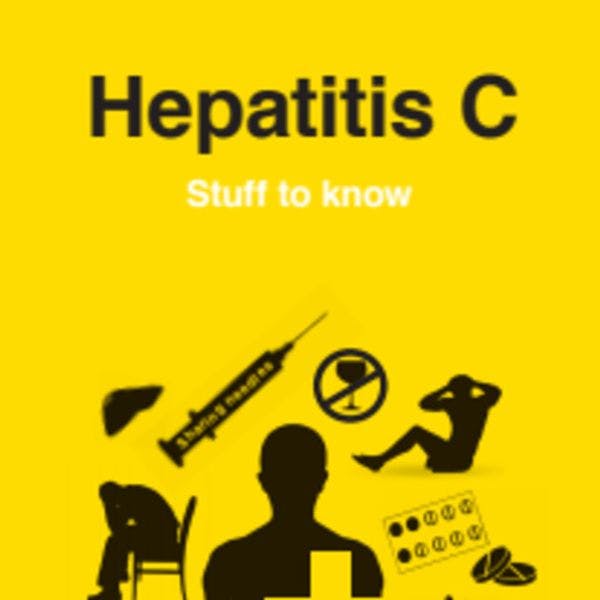Hepatitis C care for people who use drugs in Georgia
From 2014 till 2015 Mainline, together with its local partner Tanadgoma, implemented a series of interventions around Hepatitis C (HCV). The aim of the project was to understand the gaps and barriers to enrolment in the care cascade of hepatitis C prevention and treatment from the community perspective.
Baseline study
To set the stage, our project started with a baseline study and focus group discussions in two cities in Georgia, namely Kutaisi and Batumi. People who use drugs are the most affected population in Georgia. Almost all the respondents of the study are infected with the virus as they report (86%).
The survey showed that treatment possibilities for HCV are not well known. There are also many misbeliefs among drug users about Hepatitis C and its transmission, such as the transmission risk by biting fingernails or being cured of hepatitis C by drinking bird’s blood. The baseline has many other interesting conclusions. Based on the baseline and the focus group discussions, IEC material was developed.
Building trust
The outcomes of the study feed the outreach work that takes place in these two cities as well. Social workers have engaged with drug users to build trust. Being there and providing continuous information about hepatitis C, testing and treatment possibilities, answering questions and discussing the concerns of the community have all helped to build trustful relationships.
Drug users call the social workers and ask for help as they sometimes do not understand their clinicians or when they get ‘lost’ in the sometimes complex healthcare services in Georgia. Based on a systematic learning cycle, outreach work is improved and adjusted to community needs.
“The human touch is very important.”
The drug user community has a lot of trust in civil society organisations. Drug users are facing huge stigma in the hospitals and the clinics. With organisation like Tanadgoma, the situation is getting better as the beneficiaries emphasised during the evaluation of the project.
Lessons learned
The project has successfully addressed different groups of drug users on each stage of the hepatitis C care cascade. The lessons learned are documented after one year of targeted outreach work. Based on that, we have formulated a set of best practices on hepatitis C outreach work to link each identified group successfully in the healthcare in Georgia.
With an extension of the project, a follow-up survey to the baseline study will take place in the coming months (spring 2016). The follow-up survey will measure the results of the project among beneficiaries.
Keep up-to-date with drug policy developments by subscribing to the IDPC Monthly Alert.
